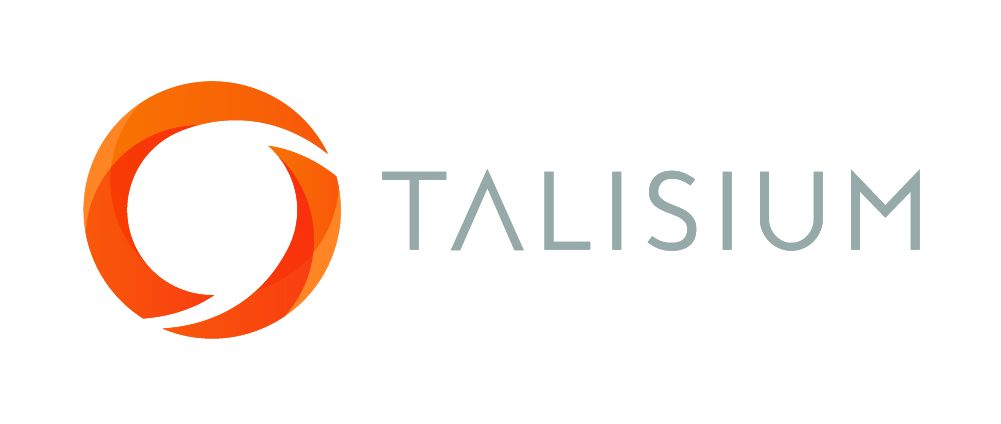In CBE programs, learners advance through course material at their own pace, demonstrating their mastery of certain competencies or learning outcomes before moving on to the next level.
This approach to education is gaining popularity in a variety of fields, including healthcare, as it allows learners to tailor their learning to their individual needs and goals.
One of the main benefits of CBE for CPD in healthcare is its focus on practical, real-world applications. Rather than teaching theoretical concepts that may not be immediately applicable in a professional setting, CBE programs are designed to help learners build the specific skills and knowledge they need to succeed in their roles. This makes them an appealing option for healthcare professionals seeking to improve their skills and stay up-to-date with the latest developments in their field.
One of the main benefits of CBE for CPD in healthcare is its focus on practical, real-world applications. Rather than teaching theoretical concepts that may not be immediately applicable in a professional setting, CBE programs are designed to help learners build the specific skills and knowledge they need to succeed in their roles. This makes them an appealing option for healthcare professionals seeking to improve their skills and stay up-to-date with the latest developments in their field.
Another advantage of CBE for CPD in healthcare is its flexibility. CBE programs can be completed at the learner's own pace, and do not require a long-term commitment like a traditional degree program. This makes them an appealing option for busy healthcare professionals who may not have the time or resources to commit to a full degree program.
In addition, CBE can be an affordable option for CPD. Because it is often self-paced and focused on specific learning outcomes, CBE programs can be shorter and less expensive than traditional degree programs. This can make them more accessible to learners with limited financial resources.
However, like micro-credentials, there are also some potential drawbacks to using CBE for CPD in healthcare. One concern is the issue of recognition and credibility. While some CBE programs are offered by reputable institutions and are widely recognised in the healthcare field, others may not be as well-respected or recognised by employers or professional organizations. This can make it difficult for healthcare professionals to know which programs are worth their time and money.
Another concern is the potential for over-saturation of CBE programs in the marketplace. With so many programs available, it can be challenging for learners to determine which ones are high-quality and will provide the most value. In addition, the proliferation of CBE programs may dilute the value of traditional degrees, leading to confusion among employers and other stakeholders about the relative importance of different types of credentials.
For healthcare professionals interested in pursuing CBE for CPD, it is important to do thorough research and choose a program that is offered by a reputable institution and recognised by professional organizations in the field. In addition, it may be helpful to speak with colleagues or mentors who have experience with CBE programs to get their insights and recommendations.
Overall, competency-based education is an emerging approach to CPD in healthcare that has the potential to provide practical, real-world skills and knowledge to healthcare professionals seeking to improve their skills and advance their careers. While there are some potential drawbacks to consider, CBE can be a valuable tool when used in conjunction with other forms of CPD.





